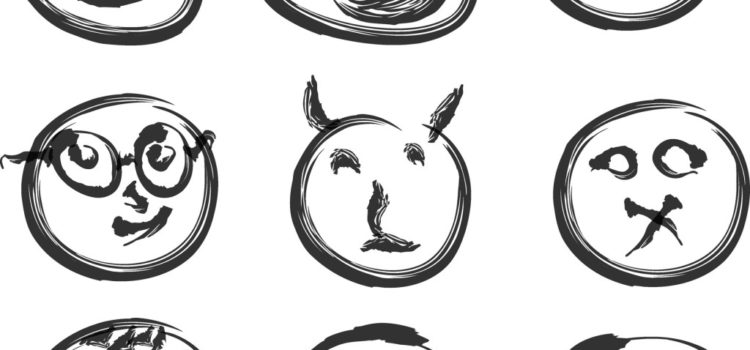A lot of people like Xanax. It’s given out like candy. People get it from their friends, from their primary care doctors, even from their psychiatrist. I hate it. I might go so far as to say it’s evil, though really it’s just bringing out the worst aspects of our nature. In my professional opinion, it’s bad for you. But no one wants to hear that. Yes, it feels good when you take it. People take it for anxiety. They feel less anxious (usually) after taking it. Must be working, logic would dictate. Unfortunately this is short-sighted, in the same
Why I hate Xanax







